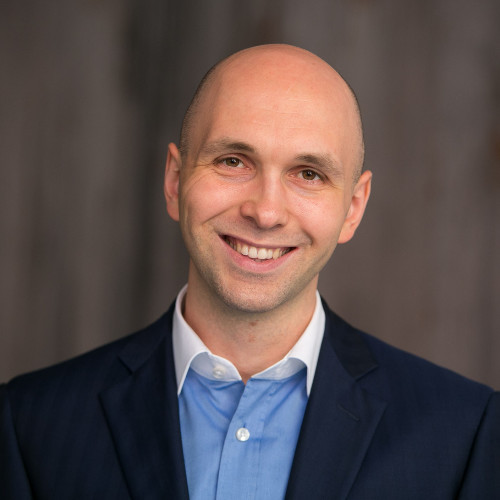
Roman Terekhin
Fellow since Feb 2024
Roman Terekhin is a passionate researcher with a blend of academic and executive experience. After over 15 years in leadership positions across various continents, he pursued academia with an MBA and a PhD. Roman focuses his research on executive peer coaching groups (PCGs) and the dynamics of workplace relationships. His studies offer insights into how peer coaching groups enhance individual and organizational development, touching on themes such as social connections, support mechanisms, and identity transformation.
Roman Terekhin leverages his global network to enrich his research with unique organizational insights. Merging practical leadership with academic inquiry, he seeks to make significant contributions to his field.
The Research Project
Personal and professional development is a major need and motivating factor for many leaders. Peer coaching groups (PCGs) are used for leadership development and support by hundreds of business communities, such as Young Presidents’ Organization or Entrepreneurs’ Organization. However, existing research on PCGs in professional settings is scarce, with no research on the role of important variables, such as group emotional intelligence, on the outcomes of such groups. This renders PCGs in a precarious position, as popularity and anecdotal evidence suggest PCGs’ effectiveness in purposeful leadership development but provide only theoretical explanations for how positive outcomes occur. Additionally, without an adequate control group for comparison, it is unclear whether respondents’ positive experiences in PCGs are due to the PCG itself, due to other social/team-based factors not exclusive to PCGs, or a mixture of both.
To more thoroughly understand the ways in which PCGs advance leadership development, this study aims to answer the research question: how do group characteristics impact peer coaching groups’ outcomes, and are the effects of experiences in workplace PCGs different than the effect of experiences of Administrative Groups (ADMGs) at work?
